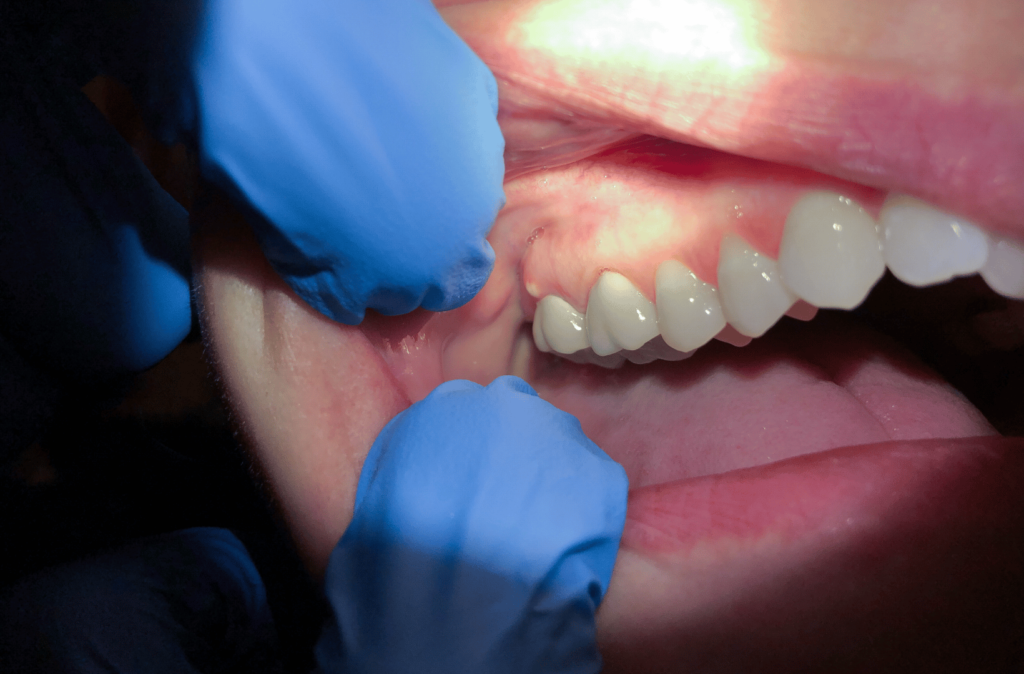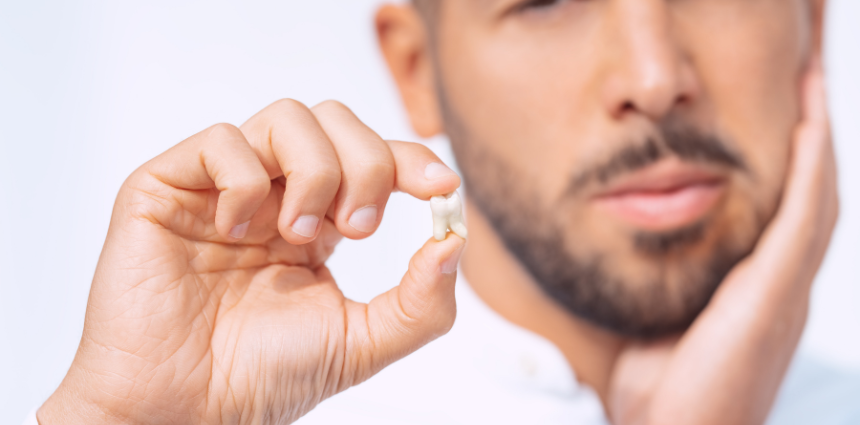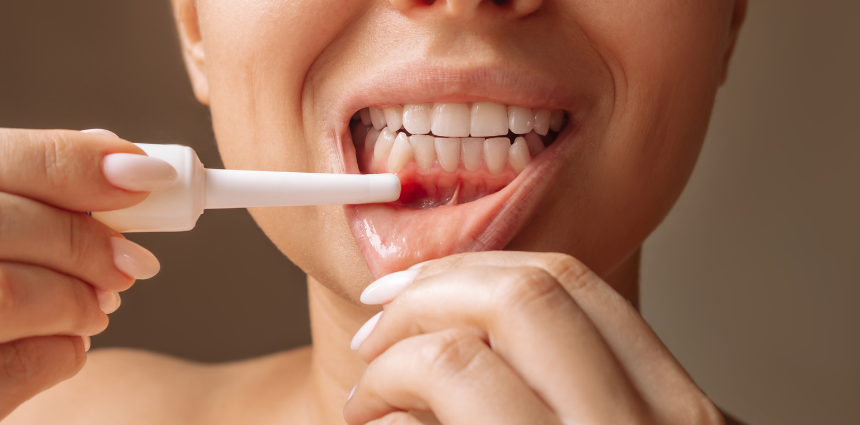In our fast-paced lives, dental emergencies can strike at any moment, catching us off guard and causing excruciating pain and discomfort. This article will delve into the world of dental emergencies, exploring their causes, prevention strategies, and how to handle them when they inevitably occur. Dental emergencies are, unfortunately, difficult to avoid, but being prepared can make all the difference.
Understanding Dental Emergencies
What Constitutes a Dental Emergency?
Before we dive deeper, it’s essential to define what qualifies as a dental emergency. These are situations that require immediate attention to relieve severe pain, stop bleeding, or prevent further complications. Common dental emergencies include toothaches, broken or chipped teeth, knocked-out teeth, lost fillings or crowns, and abscesses – all of which can cause immense discomfort and distress.
The Unpredictability of Dental Emergencies
Why They Are Difficult to Avoid
Dental emergencies are often perceived as sudden and unpredictable, making them challenging to prevent entirely. Several factors contribute to their unpredictability. Accidents, such as unexpected falls or impacts, can lead to dental injuries. Neglecting regular dental check-ups can result in hidden oral health issues that may suddenly escalate into emergencies. Dietary choices, especially consuming hard or sticky foods, can increase the risk of dental injuries. Additionally, participation in contact sports or physical activities can result in dental trauma, which is often unexpected and unavoidable.
Prevention: Your Best Defense
Steps to Minimize the Risk
While dental emergencies may be difficult to avoid entirely, there are proactive steps you can take to reduce their likelihood. Regular dental check-ups and cleanings play a crucial role in catching dental issues before they become emergencies. Wearing protective gear like mouthguards if you participate in contact sports or activities can prevent dental injuries. Maintaining a healthy diet rich in calcium and avoiding excessive sugar can support strong teeth. Consistent oral hygiene practices, including daily brushing and flossing, can prevent decay and gum disease, which can lead to emergencies if left untreated.
Handling Dental Emergencies
What to Do When They Strike
Despite your best efforts, dental emergencies can still occur. Knowing how to respond can make a significant difference in the outcome.
In the case of toothaches, rinsing your mouth with warm water, flossing to remove debris, and taking over-the-counter pain relievers if needed is a good initial step. However, contacting your dentist for a proper evaluation is crucial.
For broken teeth, collect any fragments you can find, rinse your mouth, and apply a cold compress to reduce swelling. Seek immediate dental care, as broken teeth can lead to further complications if not addressed promptly.
If you’ve knocked out a tooth, handle it by the crown (not the root), rinse it gently, and try to reinsert it into the socket. If that’s not possible, store it in milk and seek immediate dental attention. Time is of the essence when it comes to reattaching a knocked-out tooth.
In the case of lost fillings or crowns, using temporary dental cement or sugarless gum as a stopgap measure can help protect the exposed area until you can see your dentist promptly.
If you suspect an abscess, rinse your mouth with mild saltwater, but do not attempt to pop it. Contact your dentist immediately, as abscesses are serious dental infections that require professional treatment.
Conclusion
In conclusion, dental emergencies can be painful and unexpected, but they are not entirely unavoidable. By taking proactive steps to maintain your oral health and knowing how to respond in case of an emergency, you can minimize the impact of these unfortunate situations. Remember, prevention is your best defense against the agony of dental emergencies.
FAQs
1. Can dental emergencies be prevented entirely?
While they cannot be completely avoided, preventive measures significantly reduce the risk of dental emergencies. Regular dental check-ups, protective gear, a healthy diet, and good oral hygiene are essential in this regard.
2. How should I store a knocked-out tooth?
If you’ve knocked out a tooth, it’s crucial to handle it carefully. Hold it by the crown (the top part), rinse it gently, and try to reinsert it into the socket if possible. If reinsertion isn’t possible, store it in milk and seek immediate dental care.
3. Are dental emergencies always painful?
Not always, but they often cause discomfort and should be addressed promptly. Some dental emergencies, such as abscesses, can be painful, while others, like lost fillings, may not cause immediate pain but still require attention.
4. Can I use superglue to fix a broken tooth at home?
It’s not recommended to use superglue or any household adhesive to fix a broken tooth. Dental repairs should be performed by a professional dentist to ensure the best outcome.
5. Are mouthguards essential for all sports?
Mouthguards are highly recommended, especially for contact sports, to protect against dental injuries. Even non-contact sports can benefit from mouthguards to prevent accidental injuries to the mouth and teeth.




